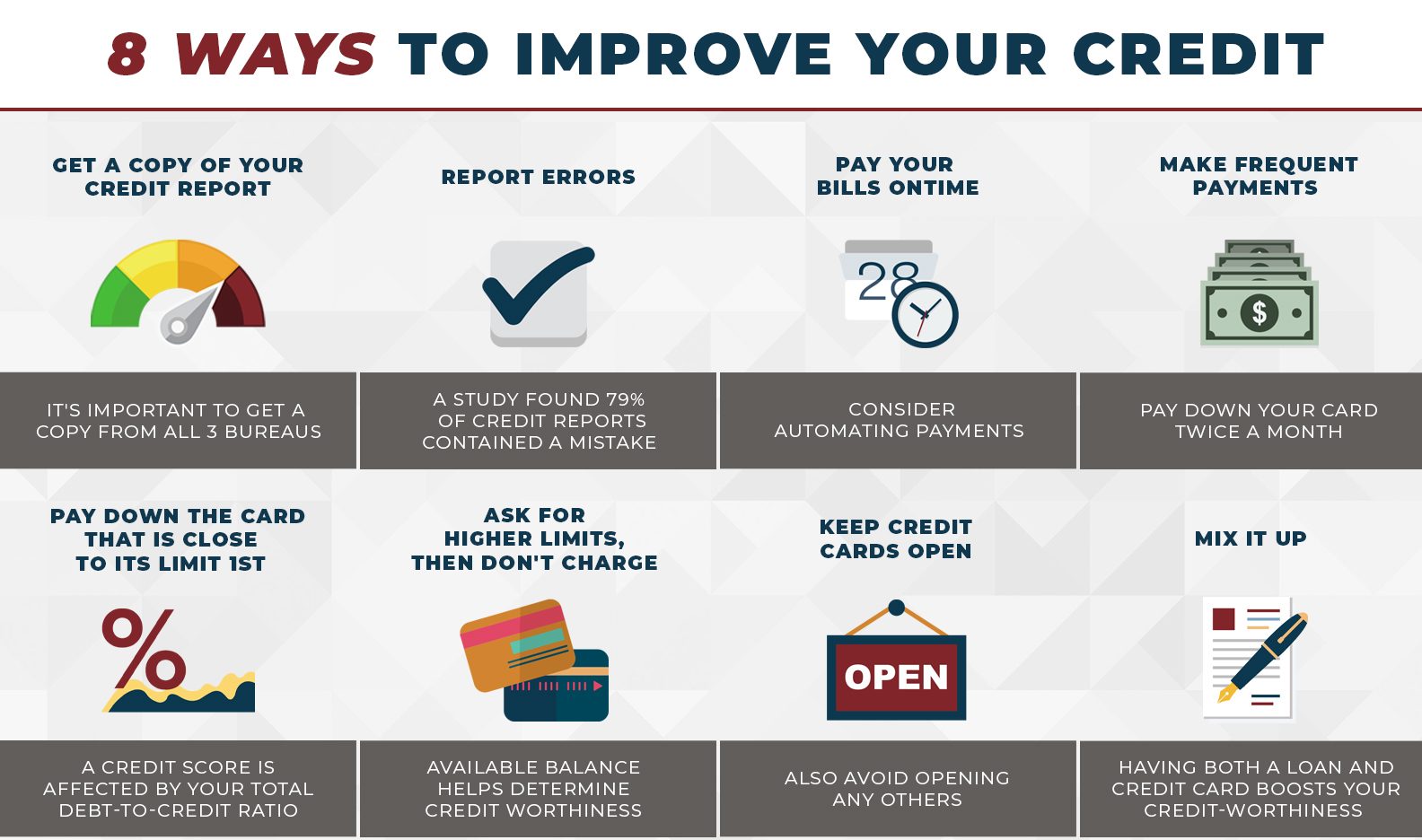Before we look at ways to improve our credit scores, we must first understand what a credit score is. In simple terms, a credit score is an estimation of an individual’s creditworthiness, which is arrived at by using a mathematical estimation based on a detailed analysis of one’s credit files.
A high credit score is considered more creditworthy, and thus, getting a loan is much easier and faster as lenders are ready to lend out money. A low credit score might lead to a rejection of a loan, or even if it is granted, it is at a higher rate of interest as the lender feels it to be more risky.
There are several ways to improve one’s credit score, but first, one needs to find the credit score and then choose a good company to help repair it.
Transform Your Credit Score With These Steps
Understand Credit Scores
A credit score is a three-digit number between 300 and 850 that can give an idea of your creditworthiness. It is a composite score in which:
- Payment History (35%): Do you pay your bills on time?
- Credit Utilization (30%): How much of your available credit do you use?
- Credit Age (15%): How long have you carried credit accounts?
- Credit Mix (10%): Are you carrying different types of credit, like loans or credit cards?
- New Credit (10%): Have you opened up multiple accounts recently?
These also give you clues as to what’s actually holding your score back.
Pay All Bills on Time, Every Time
Late payments can appear on your credit report for as long as seven years. Make it easy by establishing automatic payments or sending reminders so you will never miss a due date. Even one missed payment can hurt your score sharply.
Lower Your Credit Utilization Rate
Your credit utilization rate measures how much of your credit limit you are using. Aim to keep this below 30%. For example, if your credit limit is $10,000, try not to exceed $3,000 in outstanding balances. Paying down debt or asking for a credit limit increase (while avoiding more debt) can help.
Check Your Credit Report for Errors
Erroneous accounts on your credit report, such as wrong balance amounts or unknown accounts, can lower your score. Get a free credit report from Experian or TransUnion agencies. Dispute errors quickly because they may be depriving you of precious points.
Do Not Close Old Accounts
The length of your credit history is relevant. Closing old accounts can shorten your credit age, which can lower your score. If the account has no fees, keep it open to maintain your credit length.
Diversify Your Credit Types
Lenders also appreciate the diversity of credit. If you have credit cards and no other forms of credit, consider taking out a small personal loan or opening a line of credit. This helps them see that you are responsible for managing varying types of loans.
Minimize Hard Inquiries
Each time you apply for credit, a lender performs a hard inquiry for bad credit, which can lower your score slightly. Avoid applying for multiple credit accounts in a short period. When shopping for loans (like mortgages), try to do so within a 14-45 day window so inquiries are treated as one.
Settle Outstanding Debts
Unpaid debts, especially those in collections, severely damage your credit score. Contact creditors to negotiate a repayment plan or settlement. After settling, ask them to update your report to indicate the cleared debt.
Become An Authorized User
If a family member or close friend has excellent credit, ask them to become authorized users of their credit card. Their positive credit history can boost your score while you work on improving your own.
Be Patient
Improving your credit score will take time. The longer you can show responsible credit behavior, the better your score will be. Stay consistent, and avoid shortcuts, such as those resembling credit repair schemes, that can do more damage than good.
Conclusion
Your credit score is a key to financial freedom, but it can be manageable. Emphasis on developing good habits-building, including paying bills on time, curbing debt, and keeping tabs on your credit report, will help your score climb steadily. Remember that every step forward brings you closer to achieving your financial goals.

